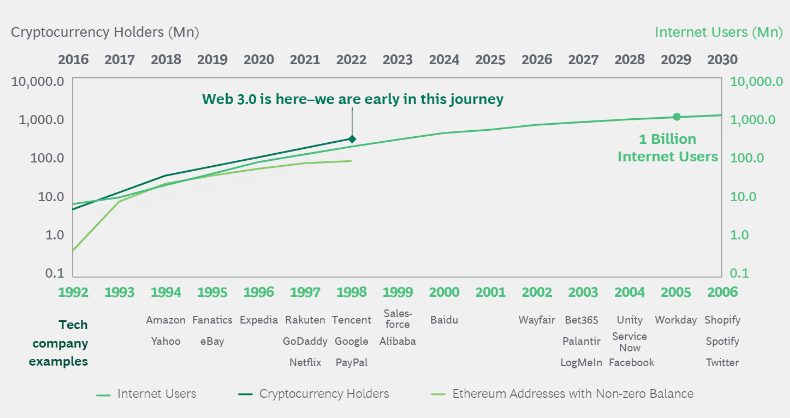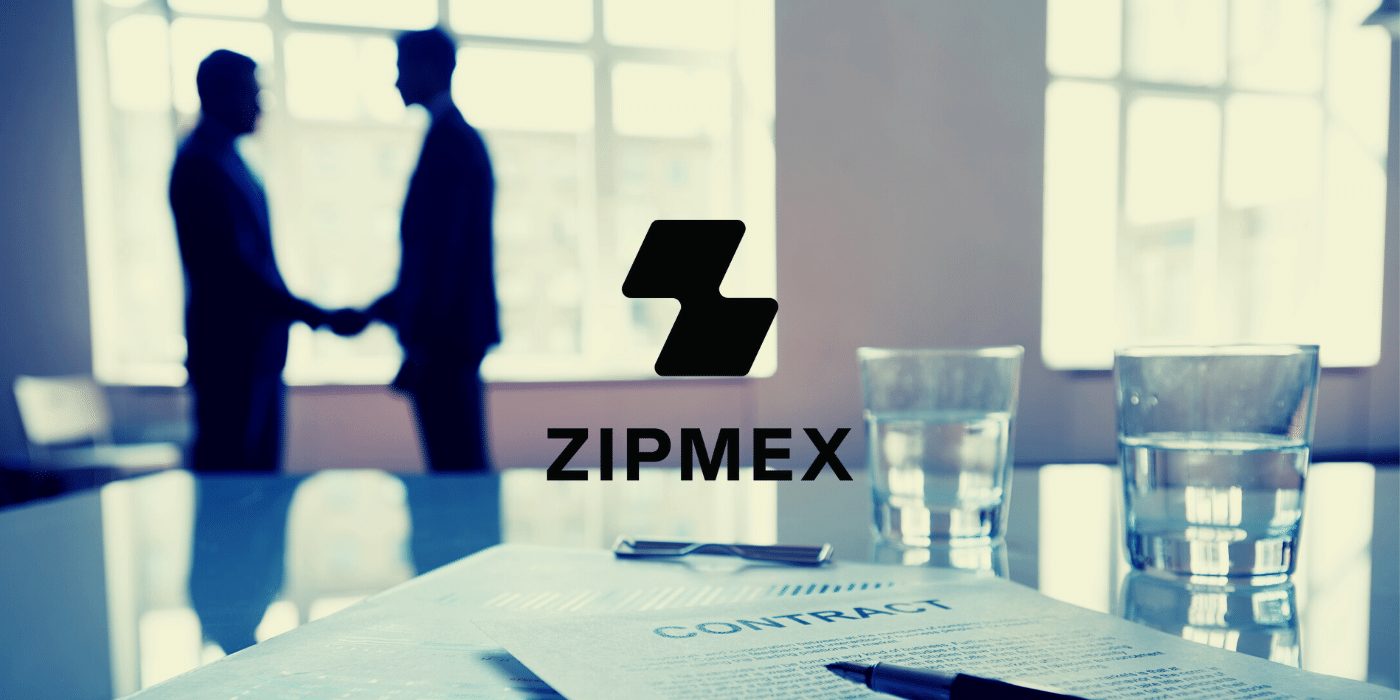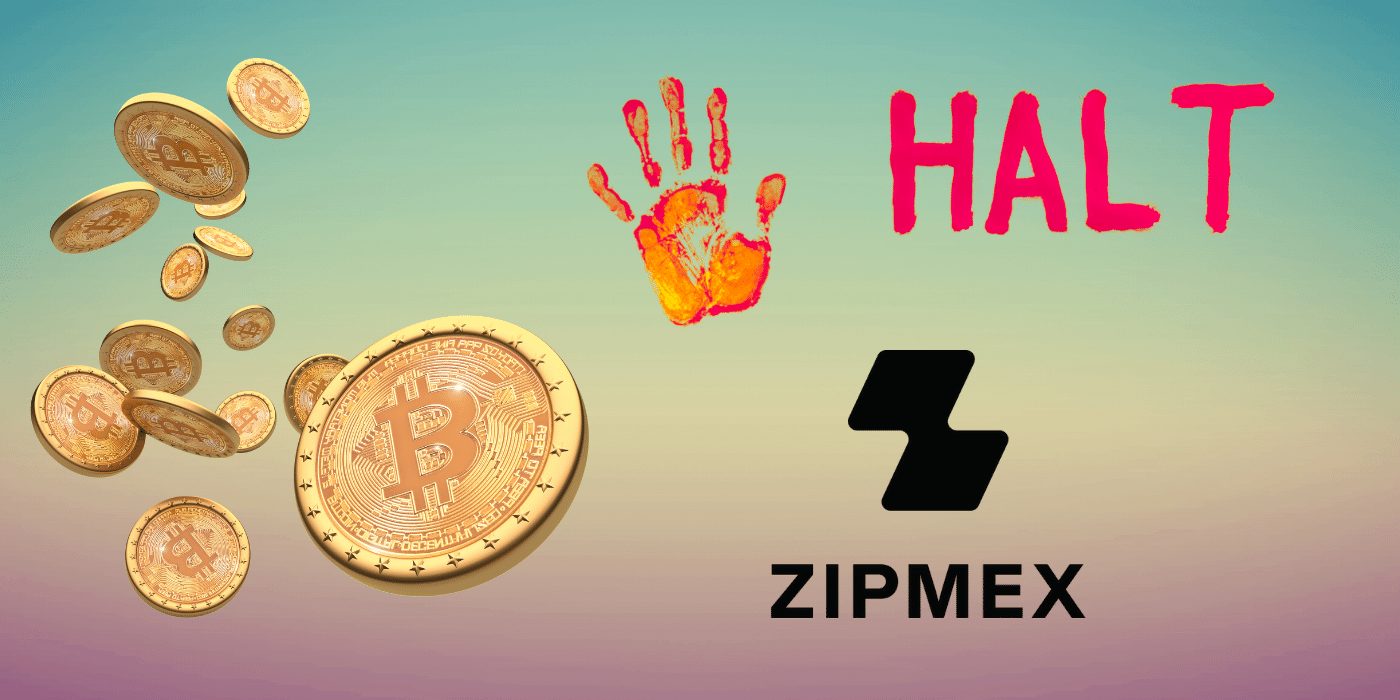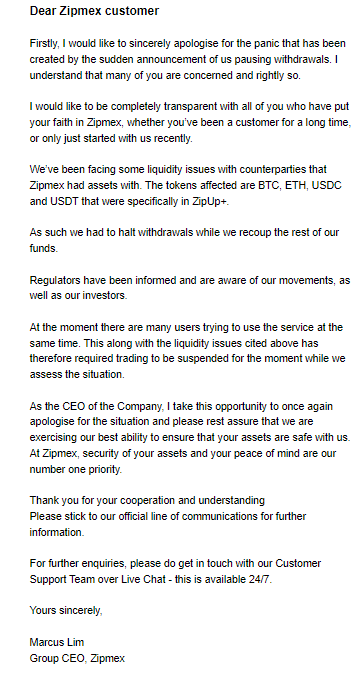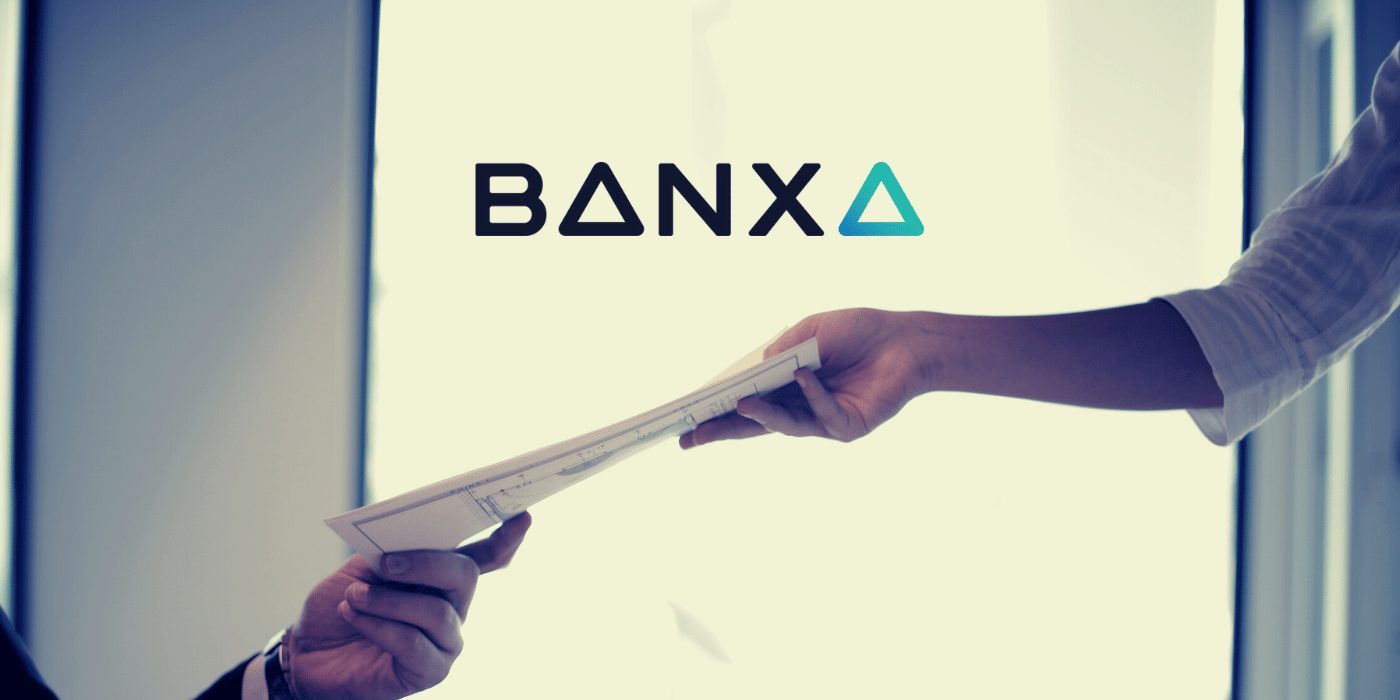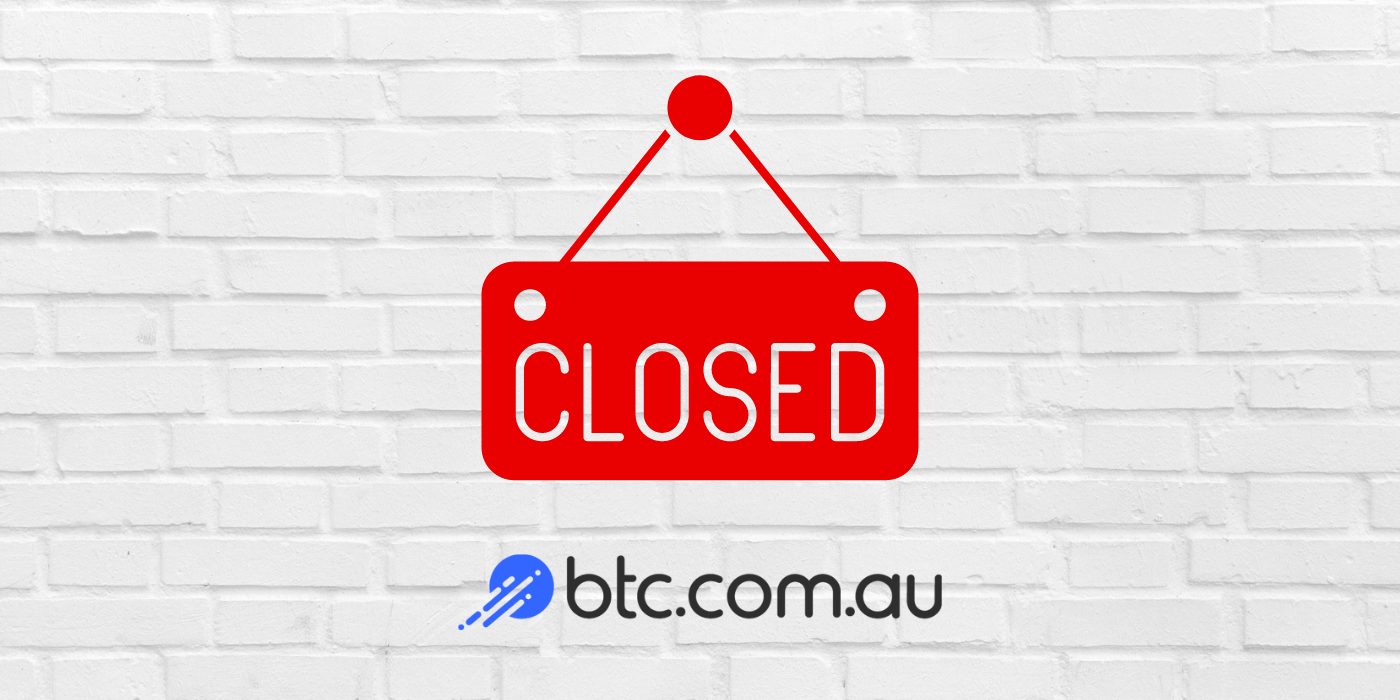The New York Times reports that the Kraken exchange is under investigation by the US Treasury Department’s Office of Foreign Assets Control for allegedly violating economic sanctions against Iran:
Kraken Allows Iranian Users Access
According to the NYT report, Treasury has outlined its suspicions that Kraken permits Iranian users to access its services, thereby violating US federal sanctions:
It is alleged that five people, either associated with the company or possessing knowledge of the inquiry, came forward to share information with the newspaper. These sources requested anonymity for their own safety but discussed how Kraken allegedly allows customers from both Iran and other sanctioned countries to use its exchange despite the illegalities.
Marco Santori, Kraken’s chief legal officer, stated that his company would not comment on regulator discussions, other than saying:

Kraken has robust compliance measures in place and continues to grow its compliance team to match its business growth. Kraken closely monitors compliance with sanctions laws and, as a general matter, reports to regulators even potential issues.
Marco Santori, chief legal officer, Kraken
However, it is known that Kraken’s CEO and co-founder, Jesse Powell, has in the past stated his willingness to challenge what he deems to be “unfair regulations”. International sanctions are one such regulation.
While there is no current timeline for enforcement action, it is understood that Kraken will receive a fine.
OpenSea and Economic Sanctions
The debate surrounding crypto operations in various countries has kicked into gear this year, with leading NFT marketplace OpenSea at the centre of controversy. On March 5, both OpenSea and MetaMask users from Iran and Venezuela were blocked from making Ethereum transactions.
Both platforms cited compliance issues behind the blockage; however, it was confirmed soon after that Ethereum’s Infura cut off users to separatist areas in Ukraine, and Venezuelan users were accidentally cut off. However, the block was intentional for Iranian users.
Three days later, on March 8, OpenSea updated its list of banned countries to align with the US sanctions list, blocking North Korea, Syria and Russia, along with Iran. The decision reignited the conversation on decentralisation and sparked outrage from NFT collectors.



